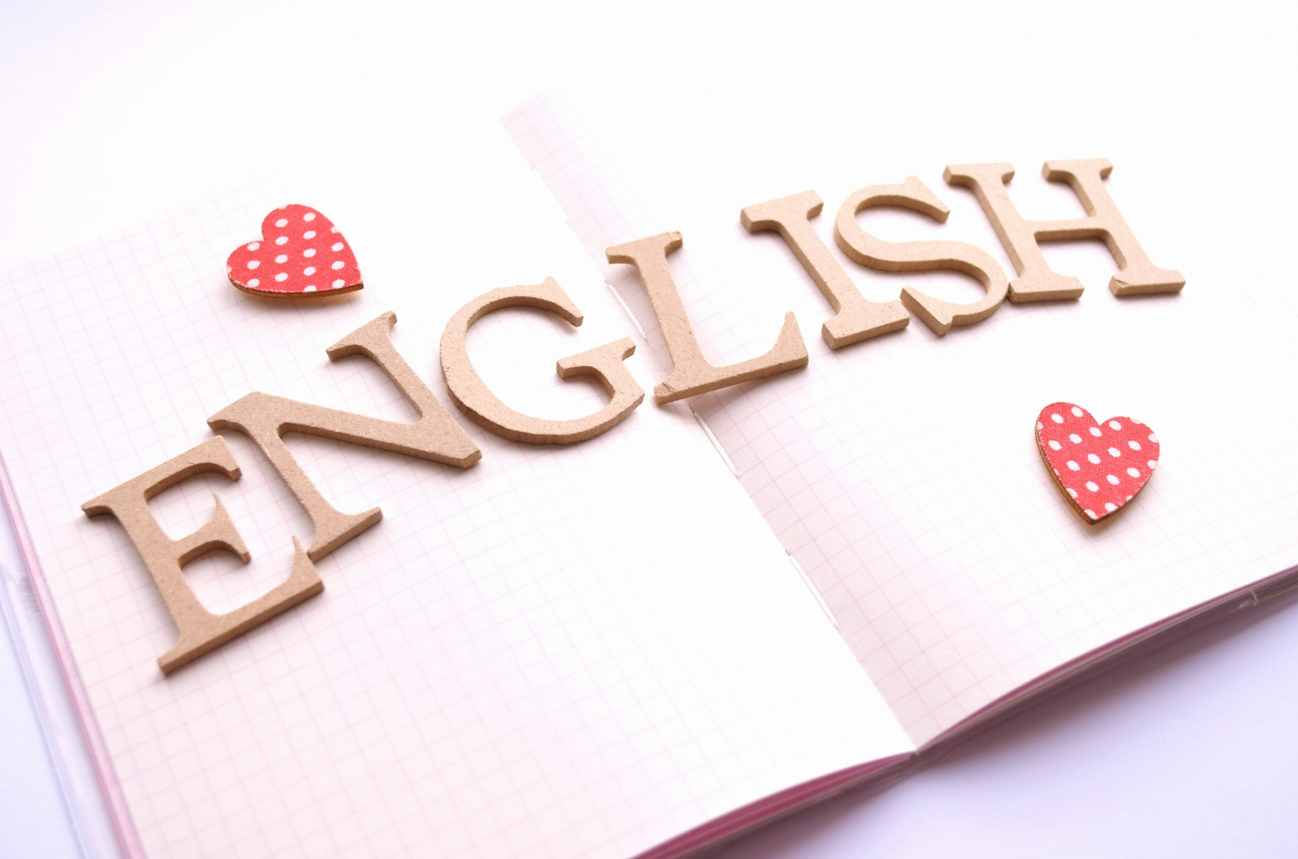The resume represents your first and arguably most important step in the English-teaching job hunt. Sure, you’ve got your winning smile, years of experience under your belt, students love you and your colleagues call you the “grammar god” — but what’s all that worth if you can’t even get an interview to show it off? Your resume is the key to open the doors of employment opportunity.
It’s worth taking the time to polish up your resume before you hit ‘send’, it might make the difference between a rejection form letter and landing an interview. Let’s take a look at some tips to improve your resume’s impact and avoid some common missteps!
Check your spelling, grammar, and punctuation:
As an English teacher, you’re applying to be an authority on correct language use – so even a single typo reflects especially badly on you. More than one error probably sentences your resume directly to the ol’ recycle bin. Spellcheck, proofreading, and getting another pair of eyes on your resume are a must!
For job-seekers from non-native English countries aiming to teach at an eikaiwa, I strongly recommend getting one of your native speaking friends to look over your resume. For even highly fluent English speakers, the strict grammar and syntax used in writing (resumes often approach technical writing) is the easiest place to make a mistake.
I’ve seen a Russian teacher with 2 English degrees under their belt not get a first interview, simply because of their butchered resume.
Format it clearly, succinctly, and simply:
You never know if your resume will be viewed by Japanese or native-English speaking staff members — so prepare a resume simple enough to be understood quickly by the former, and perfect enough to pass the critical eye of the latter.
Use good spacing and styles (bold, underline, etc.) to pretty up your resume and make the organization easy to understand. Don’t write a florid full personal history.
More is not always better:
You’re applying at an eikaiwa, not for a Phd program or a government background check.
Cut the extraneous details which aren’t pertinent out: the exact days in employment history (month is OK), list of publications (just mention you have them), an “objective” longer or more involved than a single sentence, and references (available on request is OK). Unless you have absolutely no experience whatsoever, your resume in Japan probably doesn’t need to include things like your proficiency with latte art, or that summer you worked in a gas station.
If at all possible, keep your resume to one page, one-sided. Use font sizes, bold, underline, and good spacing to make the whole document attractive, clean and easy to read. Keep the wording in things like your job duties and educational experience short. The ‘personal interests’ and ‘other qualifications’ sections are good to have as long as they still read professionally: “proficient with Adobe Photoshop”/“interests: horseback riding” is much better than “I can photoshop well”/“love horses”.
Perhaps counterintuitively, voluminous resumes can be seen as (a) overqualified, someone who will never take the job seriously, or (b) an unedited, boilerplate resume you couldn’t be bothered to tailor before sending to every company under the sun.

Western-style resumes are OK:
You may have read about the traditional Japanese resume, handwritten in full kanji – don’t worry about that! While it may still be a thing on occasion (ex. if you’re trying to become a corporate ‘salaryman’), chances are pretty good as an English teacher you’ll never need to make one. You should hope, anyway…
Important Details:
VISA:
You should probably include your visa status. English schools in Japan are wary of people just fishing for an easy visa from a job they can abandon – a practice that has led many eikaiwa to simply not offer sponsorship at all in recent years.
OBJECTIVE:
If you tailor your objective to specifically mention a company, make sure you send the right version! I was surprised how often resumes came in proudly stating their objective to get a job…at our competitor. Personally, I find an objective that suits the job but doesn’t specify a company is preferable.
TRASH TALK:
If you had a bad experience/break with a prior employer, it’s generally best to let that go unmentioned on your resume. It may come up in your interview, when you can explain, but in general negative sentiment on your resume paints you with the same negative character.
PICTURE:
Unless you’re the elephant man, a *good* headshot is generally an asset. Photos are a part of standard resumes in Japan and while not always required with English schools, it probably can’t hurt. Take a smiling but professional pic – no shades, not with Mickey Mouse, and no ‘kawaii’ peace signs!
Do you think your resume is good enough to make the cut? Once you’ve got it where you want it, check out some of our other articles on interviewing at Japanese English schools so you’re ready for the next step!
Good luck out there!


